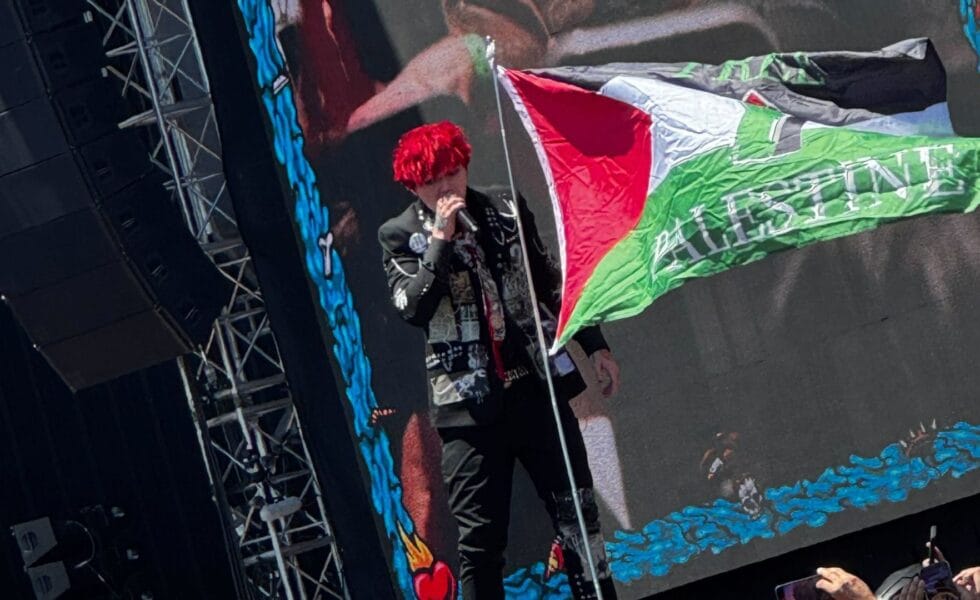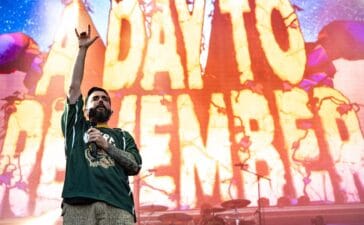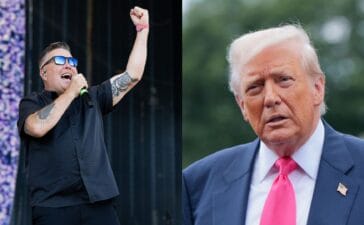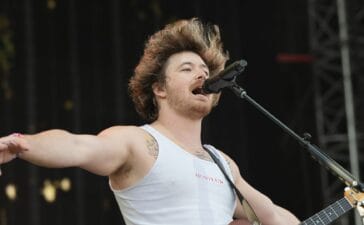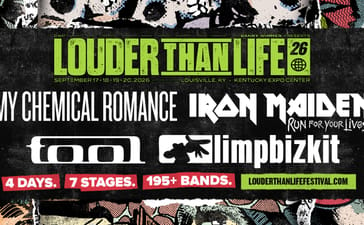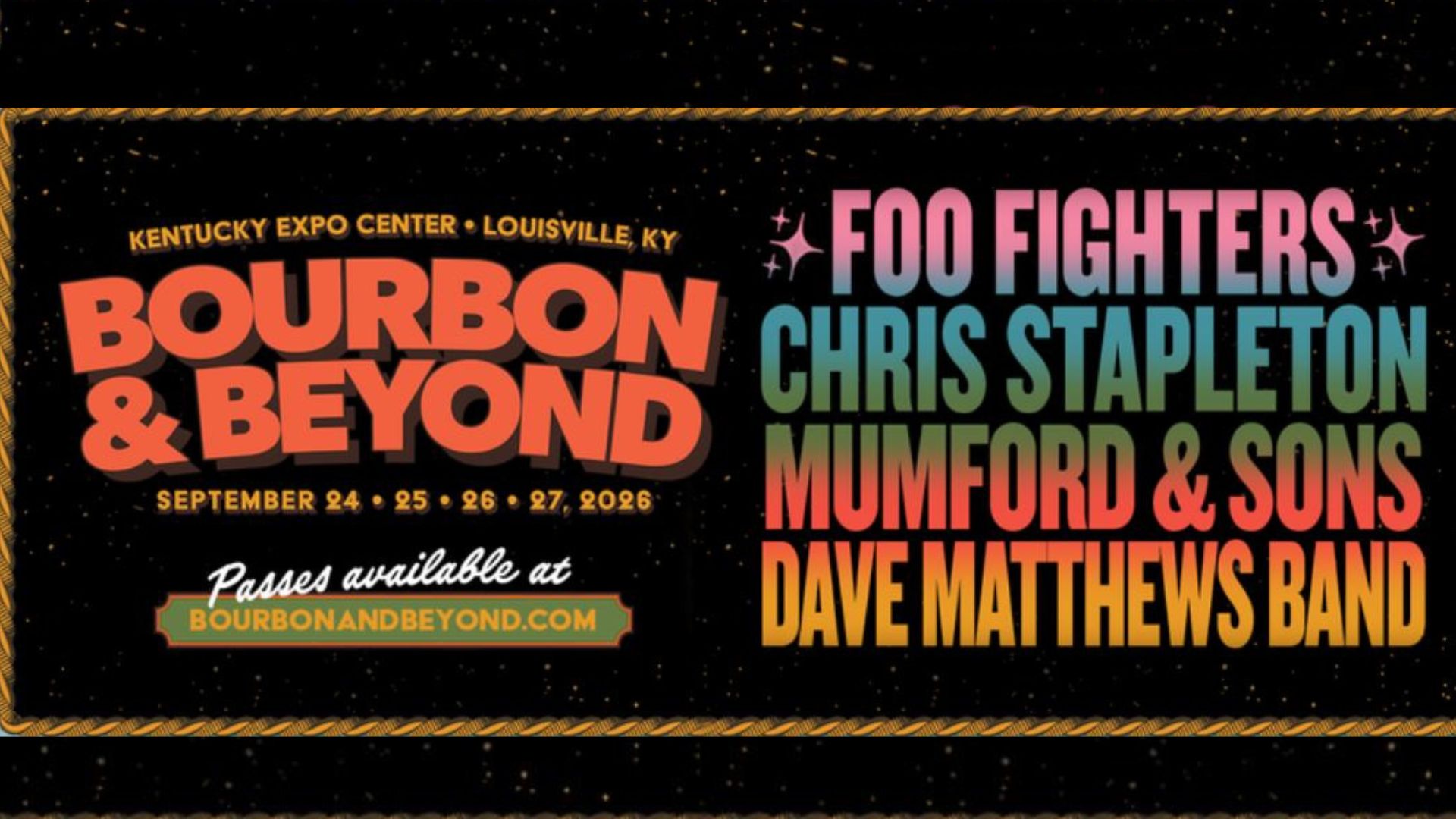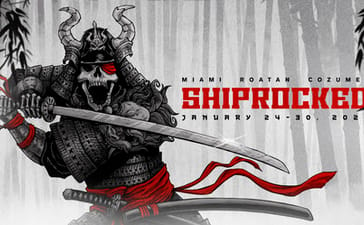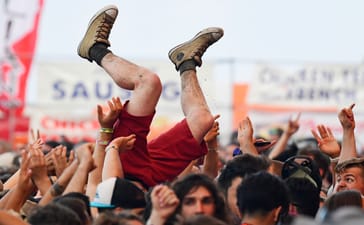Warped Tour Long Beach is over, but the echoes of artists and fans calling for political action continue on, proving music has always been political, and always will be.
An estimated 85,000 people attended each day of Vans Warped Tour Long Beach, soaking in the stacked lineup, alternative culture, and sun’s rays at the Shoreline Waterfront.
While on a surface level, the artists performing were there to share their music with adoring fans (and prospective ones), it became clear almost immediately that there was more at play than catchy riffs, special guest performances, and crowd call-outs – politics were a huge part in a not so insignificant amount of sets, and in the pit too.
Music always has, and always will be political. While recently, festivals across Europe and the US have been in the spotlight for politicised performances from artists like Kneecap and Bob Vylan, this is no new trend.
Rage Against The Machine were outspoken about politics when they formed in the 90s. Going even further back, Woodstock in 1969 was heavily influenced by the political climate of the time – from the Vietnam War, Martin Luther King’s recent assassination, and the blossoming gay rights movement.
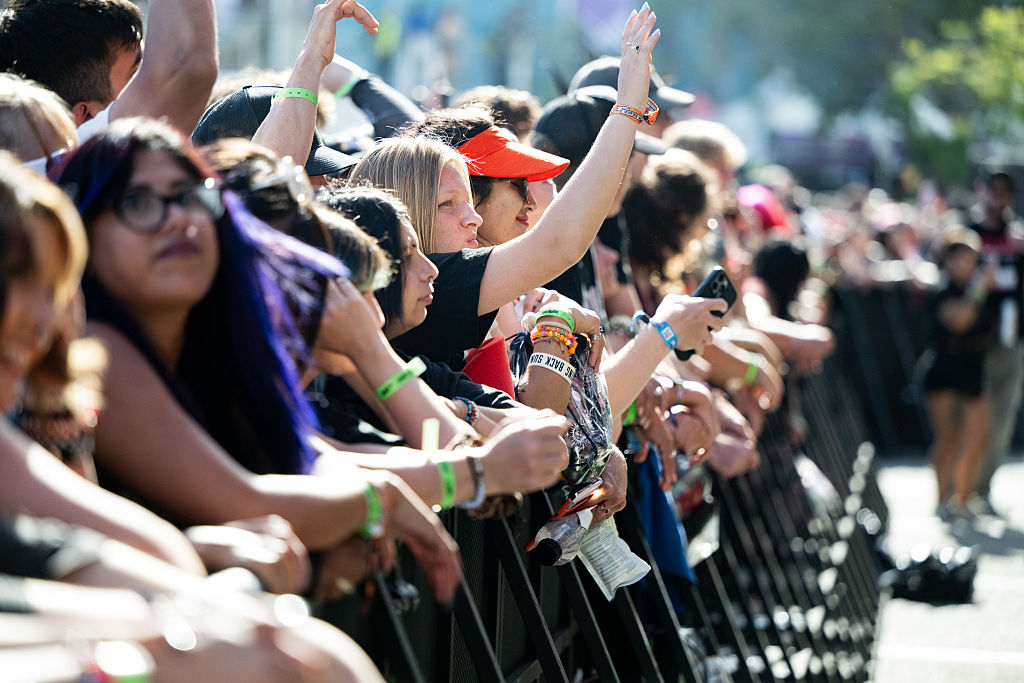
Artists have always platformed the causes they believe in (or rally against) in not just their performances, but in the very music they play – whether the listeners catch the messages (subtly and not so subtly) woven into their songs or not.
Vans Warped Tour was no exception to this fact. Dropkick Murphys dedicated ‘First Class Loser’ to Donald Trump while playing footage of the current President with Jeffrey Epstein, Fever 333 played ‘Made In America’ in tribute to the marginalised people’s backs America was built on, Stray From The Path singled out police and ICE agents.
Even in the crowd, attendees carried signs decrying fascism, waving Palestinian flags at packed sets, and partaking in chants.
Alternative music in particular has almost always leaned on the political side – music created for and by the misfits, the outcasts, the people that feel unseen or unheard around the world. It’s no shock then that Warped was an assembly of many like-minded people ready to have their beliefs heard, whether they were performing to over 80 thousand people, or pushed against the barrier watching their favourite bands perform.
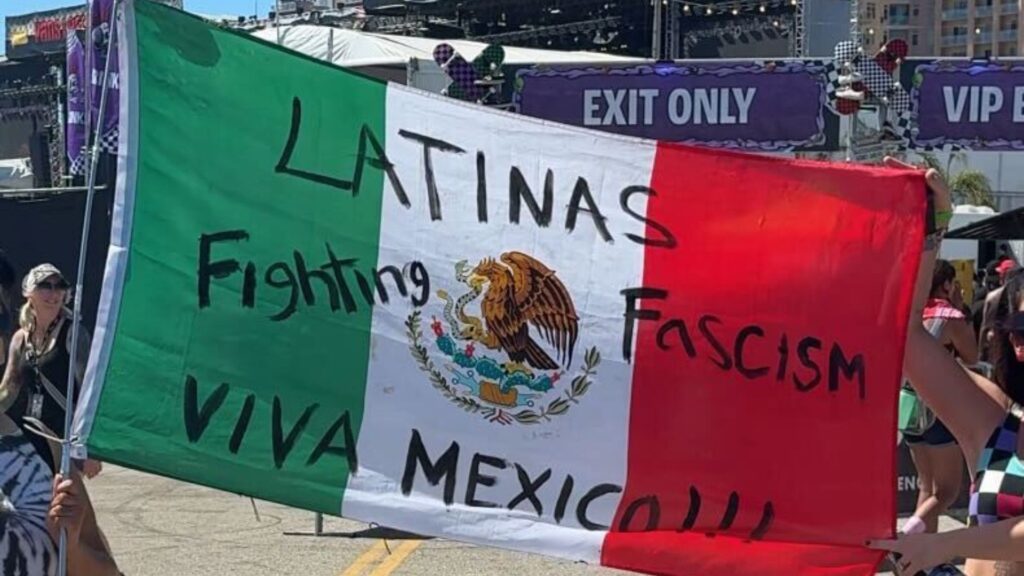
Even Saturday night headliners Cobra Starship were a part of the collective cry at Warped Tour. Frontman Gabe Saporta took a moment to share his experience growing up as an immigrant in the United States (five years of which were undocumented), before sending his love to Mexican Americans in the current political climate. He then told the crowd that “even though I love America, to me it’s not American that dudes in masks sweep people up off the streets without saying nothing. I’m not down with that.”
Warped Tour truly solidified that while fans and musicians may well initially be in it for the sound of the music, the political climate around the globe is simmering away underneath it all and coloring almost every facet of the scene – even if some online and IRL have been calling for ‘politics to stay out of music.’
There is no way to extricate music from its political roots when music is ultimately people coming together to create something as a response to the world around them in some sort of way. For some, that might be in response to more personal situations like love and relationships, but for many that’s poverty, war, or bigotry.
Music is political. Music will always be political. And the songs, the scene, and the fans are all the better for it.


